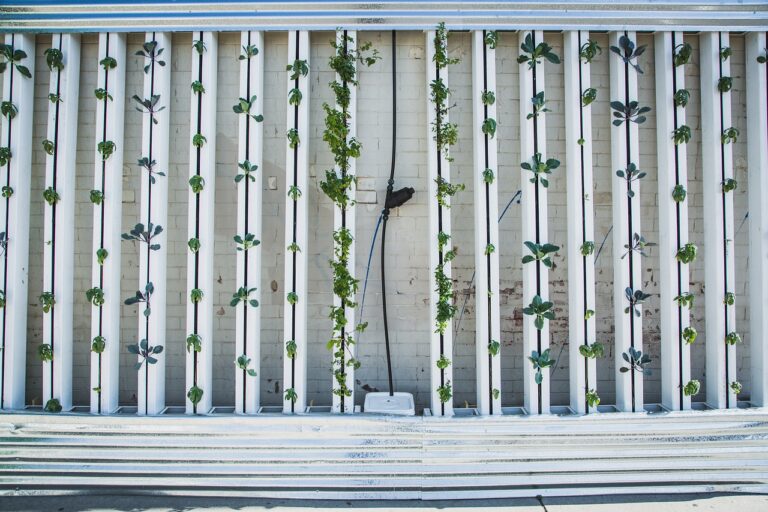Work is changing, not only in its contractual forms. But precisely because it has to deal with ever more profound changes. In the face of this new reality, those most in step with the evolution of our society are green jobs.
The great economic, social and environmental changes of recent years have forced us to rethink strategies to meet major challenges, such as the growth of urban cores and the restoration of land exploited by previous industrial revolutions. All this in a world that is becoming increasingly interconnected.
Table of Contents
Green jobs of the future will be in relation to climate change
Here are 4 possible new green jobs of the near future. Which could become commonplace in the years to come, born out of the incredible possibilities rendered by technological evolution or the emergence of new needs related to the reduction of consumption and downsizing of our capitalist societies.
The urban farmer
Thus was born the urban farmer, the city farmer, who grows fruit and vegetables, or perhaps breeds bees, in the middle of buildings. Or even underground thanks to hydroponic agriculture using special lamps instead of sunlight.
In 1997, Dickson Despommier, professor of microbiology at Columbia University, developed the idea of vertical agriculture. Namely, a cultivation method to be used in metropolises, taking advantage of the vertical development of buildings, to be used as multi-storey greenhouses.
Since then, there have been interesting advances. And ‘vertical farm’ projects have multiplied while stories of urban gardens are now the order of the day. As are numerous cases of beekeepers in New York, London and Paris.
The food printer
What if instead of growing food we could print it?
The science fiction of when we were kids is now a reality thanks to 3D printers. The price of which is becoming increasingly affordable. So we will soon find the food printer as a new professional figure.
The waste designer
Waste produced by industries is becoming a valuable commodity. This, due to the increasing cost of raw materials, such as the oil that makes up plastics for example. In many cities, shops or stalls are appearing where everyday objects made from production waste or through the recycling of waste are sold.
This is called upcycling. Because, instead of breaking down rubbish into raw materials, what has been thrown away is transformed into clothes or products of real design. Waste design could then become a course of study and a paid profession.
The rewilder
Abandoned urban suburbs and polluted agricultural areas are all places that need to be taken care of and made liveable again. This is where the rewilder (literally ‘the one who restores an area to its natural state’) comes into play.
Thanks to new technologies or more simply by means of permaculture techniques, he or she will have the task of reclaiming the soil from polluting residues (e.g. heavy metals), redesigning spaces and introducing ‘pioneer plants’ capable of restarting a balanced life cycle.
Perhaps it will not be a matter of restoring an old industrial area to its ancestral origins. But, of making it a place suitable for plant and animal life. Perhaps, to be used as a metropolitan agricultural area.
Read also: Greenest cities in the world: 10 cities that made great efforts to become more eco-friendly












